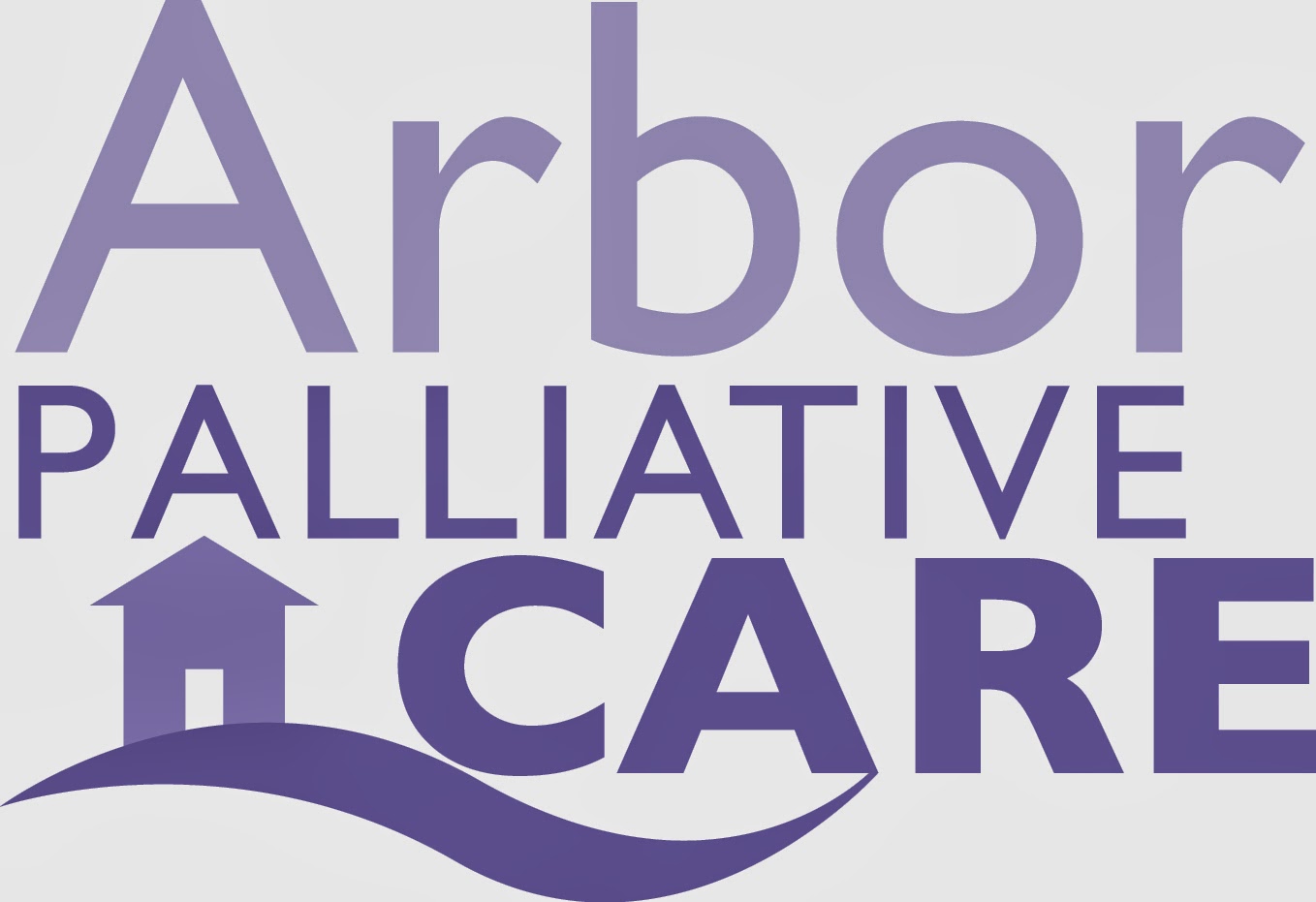I have a friend who lost her teenage son in a tragic accident. The Christian faith offered the boy's
father a measure of peace because he believed he would be with his son again in heaven. Contrarily, the mother's faith was irreparably altered as she questioned the nature of a God who would allow such a thing to happen.
Because of that experience and others, I have been especially curious as a
hospice volunteer about religious faith as it relates to dying and grief and about the role of spiritual care coordinators as members of the Arbor Hospice
interdisciplinary teams that serve patients and their families.
 |
| Rev. Diane Smith speaks with a patient's family member. |
I asked Reverend Diane Smith, Lead Spiritual Care Coordinator for
Arbor Hospice and Spiritual Care Coordinator for
The Residence of Arbor Hospice, to talk with me about her work.
What is the role of spiritual care coordinators?
Our main role is to determine and address the spiritual care needs of the patients and/or families. Patients or family members, for instance, may request a particular ritual or representative of their faith.
Or, the patient or family may not be at peace with what is happening, and the spiritual care coordinator might explore what they are hoping for at this time and what has helped them be at peace in the past.
How do you distinguish between spiritual needs and psychological ones?
I don't think there is a distinction. None of us know for sure what lies beyond that screen that the patient penetrates when he or she dies. But we do know that death is a process which includes physical, psychological and spiritual components. A patient may be disturbed because of physical factors, such as pain or a reaction to medication, or experience psychological stress because of unsettling family dynamics.
There may be a faith struggle within the patient or between the patient and family. Spiritual care coordinators can assist the patient and the family in navigating those differences and becoming more accepting of them rather than trying to change one another.
What are the most common spiritual issues you encounter with hospice patients?
Guilt and fear are common, as is the need for reconciliation with God, the church or within the family.
Patients may also struggle with basic questions of meaning - they wonder what their lives have been about, what they have accomplished, the differences they have made, and to whom their lives are important.
It is said that there are no atheists in foxholes, which is also a metaphor that offers the possibility of deathbed conversions. Do you find transformative religious experiences as people approach their own deaths?
When people are in hospice care they pretty well know who they are and what they believe. While they may want to have discussions which help clarify their faith, I have not personally observed a conversion experience, although other spiritual care coordinators have reported that it has happened.
My role is to support patients wherever they may be on their faith journey. I have had patients, for example, whose faith tradition tells them they are never to doubt God is with them and that they are on their way to heaven. But nonetheless, they are scared, and I provide a safe place for them to share their feelings and fully express what they believe.
What do you find most challenging and most satisfying in your work?
The most challenging thing is to be clear about the boundary between my faith and the faith of patients. All of the spiritual care coordinators at
Arbor Hospice are involved with their own faith communities, and five of us are ordained ministers. That requires us to be clear about the distinction between our faith and what the patient and/or family needs from us.
Another challenge is the possibility that something about the patient or family member triggers a response in us. For example, I met three patients who were in some ways like my father, and every time I went into their rooms, I had to keep in the forefront of my mind that they were not my dad. It was essential that I not project my father onto them or respond to them as if they were my father.
The most rewarding part of my work is being present at this important time in someone's life. It is a gift to be part of the miraculous journey that we each will take from life into death.
This blog post was written by Dennis Sparks, Arbor Hospice Volunteer. You may contact Dennis by commenting below or emailing him at thinkingpartner@gmail.com.








